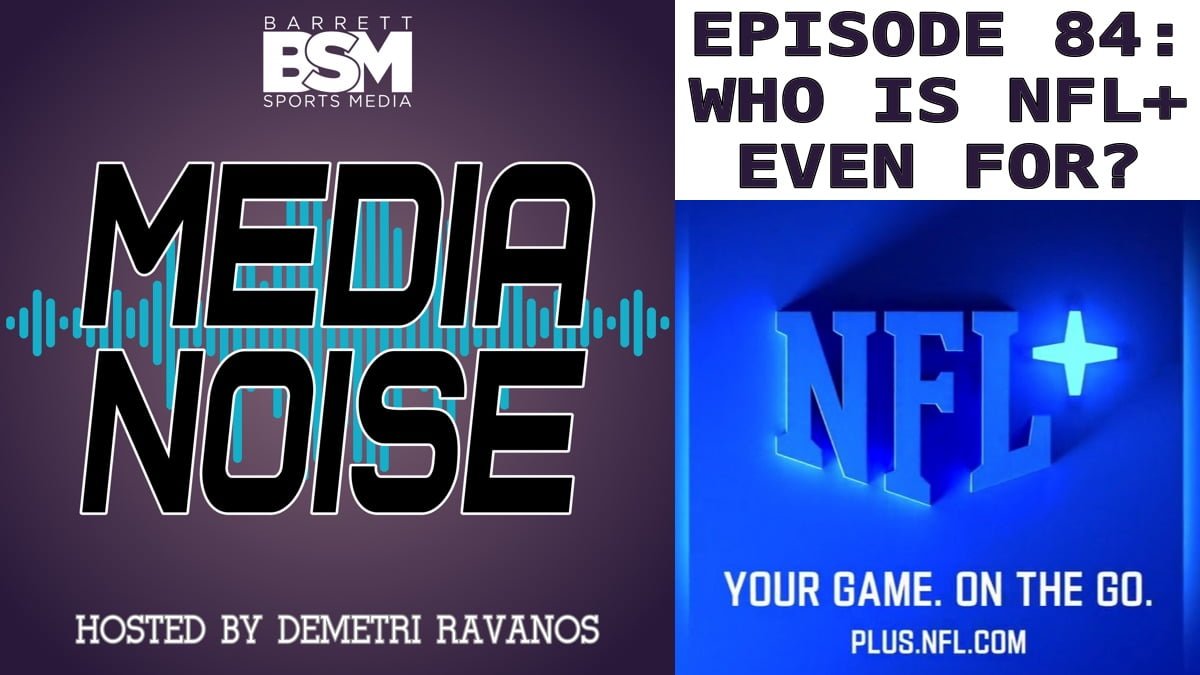Memphis, Tennessee, is both a large city and Mayberry on steroids.
“It seems everybody knows everyone in Memphis,’ said Tim Van Horn.
“We’ve got more than 600,000 people living here, but you always bump into someone you know or who knows you. Whether it’s out to dinner or at a soccer match.”
Van Horn said a while back he went to a Trump rally in north Mississippi, the American Freedom Tour.
“I started talking to a 100-year-old WWII veteran. It turns out his son was my first soccer coach, who is in his 60s or 70s now. Here we are at a Trump rally, and he remembers me. He was my older brother’s coach as well. That’s what is so great about living down here. Maybe that’s why I feel so proud and happy to be here. I was born here and will probably die here. All my family and friends live in the area, so I’m emotionally invested.”
Van Horn said Memphis really is the city of Kings. You had Elvis Presley, the ‘King of Rock and Roll,’ and Jerry’ The King’ Lawler, of wrestling fame.
It’s not easy to think of Memphis and not think of Elvis.
“He was a man of God,” Van Horn said.
Unbeknownst to a lot of people, Elvis Presley’s gospel grounding was as strong as his roots in country and blues. He was cutting spiritual tunes as early as 1957, and he’d been singing gospel songs since boyhood.
“Elvis is a good-old southern boy from Tupelo, Mississippi,” Van Horn said. “I think it’s sad how he faded away. I don’t know if it was genetics or pain tolerance, but once he got caught up in prescription drugs, it all went downhill. He loved the ladies and boy could he belt out a tune.”
Van Horn hosts “Wake Up Memphis” weekdays on KWAM from 6:00 to 9:00 AM. He has over 25 years of radio experience and more than 15 years of television experience as a meteorologist.
“On our show, we put a lot of sweat equity into what we do,” Van Horn said. “We have a lot of national programming. We do a lot to flip the mix. Eighty percent is going to be local discussions. National topic. Impact us in the city. People want to know what’s going on.
He said it’s one thing to complain about something, another to bring in a guest who has lived what the show is talking about. He said an example would be booking guests from the restaurant association during the Covid lockdown.
“Some merchants lost everything,” Van Horn said. “Just because an unelected government body insisted that customers wear a mask. We’re not a rip and read newsroom.”
Van Horn said he works hard not to be the focus or star of the show.
“I want to get people to tell their story. If I am the star, that would be a problem. The guest is the king.” (Great, another king in Memphis.)
Van Horn said he points the guest in the right direction to help shape the show.
“Part of what I do is to push back and challenge a guest, not just sit there and nod my head at whatever they say. When people come on my show, I let them know I’m not going to toe the line for them. They also know I won’t ambush them.”
He asks real questions, regardless of political ideology.
Van Horn was a meteorologist for quite a while. “For 15 years,” he said. “I miss the people in television, not the industry.”
He explained a lot of the information has become digital. He could see where personality and individualism on-air wasn’t as important as it once was.
“They could hire a recent college graduate for a lot less money than I’d be making. There wouldn’t be a place for me. I was a bigger number on the Excel spreadsheet.”
“I remember how exciting it was to cover severe weather, get the adrenaline going,” Van Horn said. “You need someone with experience and trust to tell you where the tornado is going, where the hail is striking when the public is in danger. You can save money on salary and move to digital, but merely going to school for a meteorology degree won’t fill those needs.”
Van Horn also loved going out into the community and talking to kids in school. He said he always got the same questions, but that didn’t matter. The kids were genuinely interested in what he had to say.
“The weathermen did that when I was a kid. It was something to pass down to the next generation. Doing the severe weather coverage built up a good deal of equity.”
On the flip-side, he hated judging science fairs. “You could only make three kids happy; the rest didn’t like you,” Van Horn jokes.
Van Horn figured there must be somewhere he could better utilize his presentation skills. He does miss the chance to inform people about the weather. There are other things he misses.
“I can take three minutes to answer a question I could have answered in three seconds,” Van Horn jokes.” I’m humble enough to know I can be a windbag. In talk radio, I have fewer restraints than I did on television.”
He believes there is a sense of loyalty to a radio personality. “I think people tune in to hear what I have to say on a topic. They come back to see if I’m consistent. I don’t side with people like Trump every time or a politician every time. Sometimes I’m zigging when a party line might be zagging.”
Van Horn said the state of things are generally black and white regarding the political landscape. He points out he’s nobody’s patsy.
“Much to the dismay of our local party,” he said. “I’ve called them out. I think they’re taking the conservative base for granted. I sleep better at night, knowing I was true to myself and my beliefs. I don’t pretend that everything is okay.”
Van Horn said veteran media personality Todd Starnes taught him a great lesson. ‘You must always be honest, Starnes said, rather than try to be friends with politicians.’
As his career progressed, Van Horn believed program directors in radio saw his ability to improvise when he did the weather, and he always tried to answer a question directly. He explained you always had to be ready for a joke when bantering with anchors.
“I always try to be an active listener. I used to look at the story rundown before the weather see what they might throw at me. I didn’t want to appear like an unplugged or aloof guy. I always hated it when they presented a murder story before they tossed it to weather.”
If you’re looking for something to do in Memphis, just ask Van Horn.
“If anyone comes down here, they have to go to Memphis Zoo. It’s a great place to watch, one of the top zoos in the country. We’ve got pandas and kangaroos.”
He used to watch the television show Emergency when he was a kid.
“I remember the actor Robert Fuller, who played Dr. Brackett on Emergency,” Van Horn recalled. “He was big in westerns.” He also liked Barney Miller.
“It was a great cast with Hal Linden, Abe Vigoda, Max Gail.”
Van Horn’s parents were supportive of his work in the media.
“My father was an HVAC installer,” Van Horn said. “He worked for Sears and would go around town in his blue van.” But it was his mother that ruled the roost. “She put the fear of God into me,” Van Horn said. “When it came down to it, she’d be very calm and told me I could go outside and pick the switch. Usually, my mom dolled out the punishment, but my dad was known to do it as well.”
If it was good enough for Adrian Peterson, it was good enough for the Van Horn clan.

Jim Cryns writes features for Barrett News Media. He has spent time in radio as a reporter for WTMJ, and has served as an author and former writer for the Milwaukee Brewers. To touch base or pick up a copy of his new book: Talk To Me – Profiles on News Talkers and Media Leaders From Top 50 Markets, log on to Amazon or shoot Jim an email at jimcryns3_zhd@indeedemail.com.







